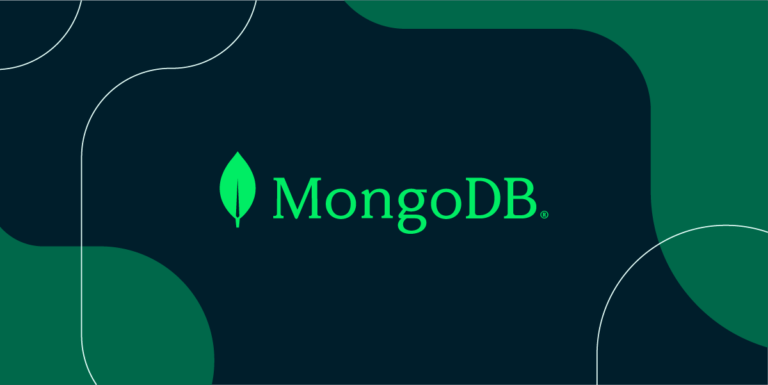What Programming Language Should You Learn in 2024?

In the ever-evolving landscape of technology, staying updated with the latest programming languages is crucial for both aspiring and seasoned developers. With 2024 just around the corner, it’s time to evaluate which programming languages are worth learning to stay ahead in the industry. Here’s a comprehensive guide to help you make an informed decision.
1. Python: The All-Rounder
Python continues to dominate the programming world due to its simplicity and versatility. It’s widely used in web development, data analysis, artificial intelligence, scientific computing, and more. Its extensive libraries and frameworks, such as Django for web development and TensorFlow for machine learning, make Python an invaluable tool.
Why Learn Python?
- Easy to learn and use
- Extensive libraries and frameworks
- Strong community support
- High demand in job markets
2. JavaScript: The Web Developer’s Choice
JavaScript remains the backbone of web development. With the rise of frameworks like React, Angular, and Vue.js, JavaScript has solidified its place as a must-know language for front-end development. Additionally, with Node.js, JavaScript is now widely used for back-end development as well.
Why Learn JavaScript?
- Essential for web development
- Large ecosystem of frameworks and libraries
- High demand for full-stack developers
- Active community and continuous updates
3. Rust: The Performance-Oriented Language
Rust has been gaining traction for its emphasis on performance and safety, particularly in systems programming. Its memory safety features without a garbage collector make it a popular choice for developing high-performance applications.
Why Learn Rust?
- Memory safety without a garbage collector
- High performance
- Growing adoption in the industry
- Ideal for systems programming and embedded systems
4. Go: The Cloud Era Language
Go, or Golang, developed by Google, is known for its simplicity and efficiency. It’s increasingly used in cloud computing, microservices, and scalable network servers. Its concurrency model makes it an excellent choice for modern, distributed applications.
Why Learn Go?
- Simple and efficient
- Excellent for concurrent programming
- Growing demand in cloud computing and DevOps
- Strong performance in networked systems
5. Kotlin: The Modern Java Alternative
Kotlin has become the preferred language for Android app development, overtaking Java in many respects. Its concise syntax and interoperability with Java make it a favorite among developers.
Why Learn Kotlin?
- Official language for Android development
- Interoperable with Java
- Concise and expressive syntax
- Increasingly adopted by major companies
6. Swift: For Apple Ecosystem
Swift is the go-to language for iOS and macOS app development. Its clean and modern syntax, combined with powerful features, makes it a must-learn for developers looking to enter the Apple ecosystem.
Why Learn Swift?
- Official language for iOS and macOS development
- Modern and safe language
- High performance
- Strong demand in the mobile app industry
7. SQL: The Database Essential
While not a traditional programming language, SQL (Structured Query Language) is essential for database management. Understanding SQL is crucial for backend developers and data scientists alike.
Why Learn SQL?
- Essential for database management
- Widely used across industries
- Integral for data analysis and reporting
- Enhances backend development skills
Conclusion
Choosing the right programming language to learn in 2024 depends on your career goals, industry demands, and personal interests. Whether you’re aiming for a career in web development, mobile app development, systems programming, or data science, there’s a language tailored to your needs. Stay updated with industry trends, and invest your time in mastering the languages that will propel your career forward. Happy coding!






